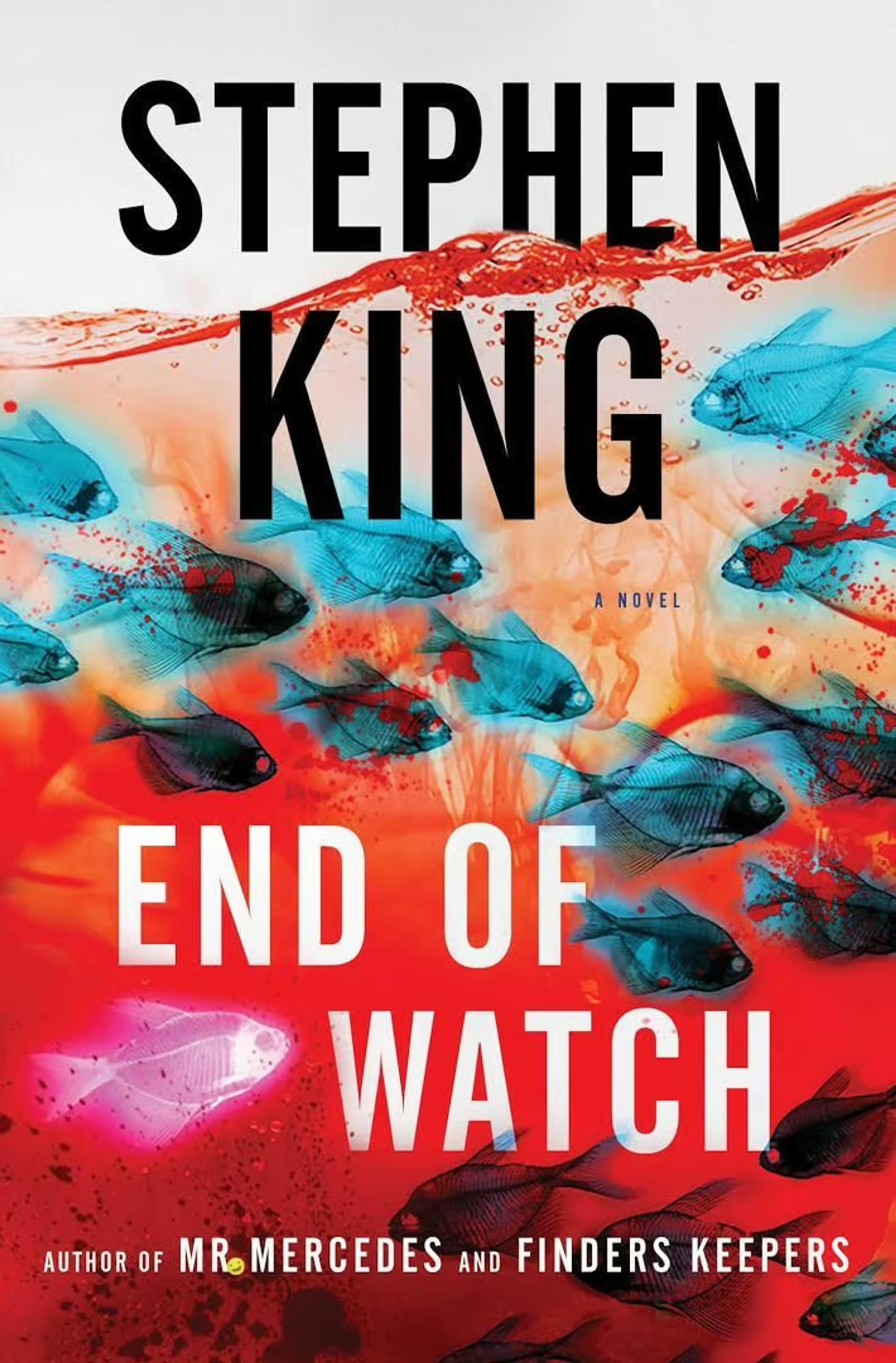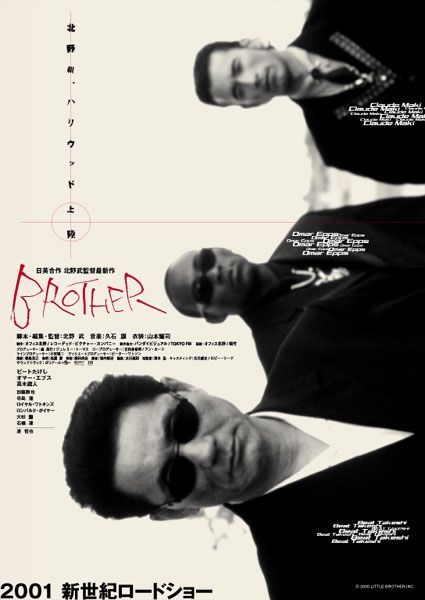Description
End of Watch by Stephen King serves as the climactic conclusion to the Bill Hodges trilogy, which began with Mr. Mercedes and continued with Finders Keepers. The novel merges the gritty realism of detective fiction with King’s signature supernatural elements, creating a story that is both deeply unsettling and emotionally resonant.
Plot overview
The story begins years after the events of the Mercedes Massacre, where Brady Hartsfield drove a stolen Mercedes into a crowd, killing eight and injuring many more. Brady has been in a vegetative state at the Lakes Region Traumatic Brain Injury Clinic since his confrontation with Holly Gibney. However, unknown to the world, Brady’s condition is far from what it seems. Through experimental medication and his latent psychic abilities, Brady regains consciousness and develops new powers, including telekinesis and the ability to control others’ minds. These abilities allow him to manipulate technology and people from afar, setting the stage for a new wave of terror.
Retired detective Bill Hodges, now running a private investigative agency called Finders Keepers with Holly, is drawn back into Brady’s orbit when a string of apparent suicides is linked to the survivors of the Mercedes Massacre. Brady’s ultimate plan involves using a video game device to push people, especially vulnerable teenagers, to take their own lives, amplifying his reach and chaos.
Key characters
- Bill Hodges: The retired detective, now grappling with his mortality due to a terminal illness, embodies the theme of resilience. Despite his failing health, he is determined to stop Brady one last time.
- Holly Gibney: Quirky and resourceful, Holly steps up as a central figure, showcasing her growth from a socially awkward character to a formidable investigator.
- Brady Hartsfield: The antagonist is more terrifying than ever. His newfound powers elevate him from a deranged killer to a nearly unstoppable force of evil.
- Jerome Robinson and Barbara Robinson: Jerome, Bill’s loyal young ally, and his sister Barbara become vital players in the fight against Brady’s insidious plan.
Themes
- Mortality and Legacy: Bill’s battle with terminal illness adds emotional depth, as he confronts his own mortality while striving to leave the world safer for others.
- Human Vulnerability: Brady’s exploitation of technology and mental health issues highlights the fragility of the human psyche in the face of external manipulation.
- Good vs. Evil: A recurring theme in King’s work, the novel pits human ingenuity and courage against a nearly omnipotent adversary.
Tone & style
King expertly shifts between the tense, grounded realism of a detective story and the eerie, otherworldly terror that defines his supernatural works. The pacing is relentless, with moments of reflection that allow the characters’ humanity to shine through.
Critical reception
Critics have lauded End of Watch for providing a satisfying conclusion to the trilogy. The novel’s exploration of psychological horror, blended with real-world concerns about technology and mental health, resonates deeply. Holly Gibney’s development as a character and Bill’s poignant journey have been particularly praised.
Conclusion
End of Watch is a gripping and haunting finale to the trilogy, combining elements of detective noir and supernatural horror to deliver a story that is as emotionally impactful as it is terrifying. It underscores Stephen King’s ability to weave complex characters into high-stakes narratives, leaving readers with a tale that lingers long after the final page.


















2 reviews for End of Watch
There are no reviews yet.